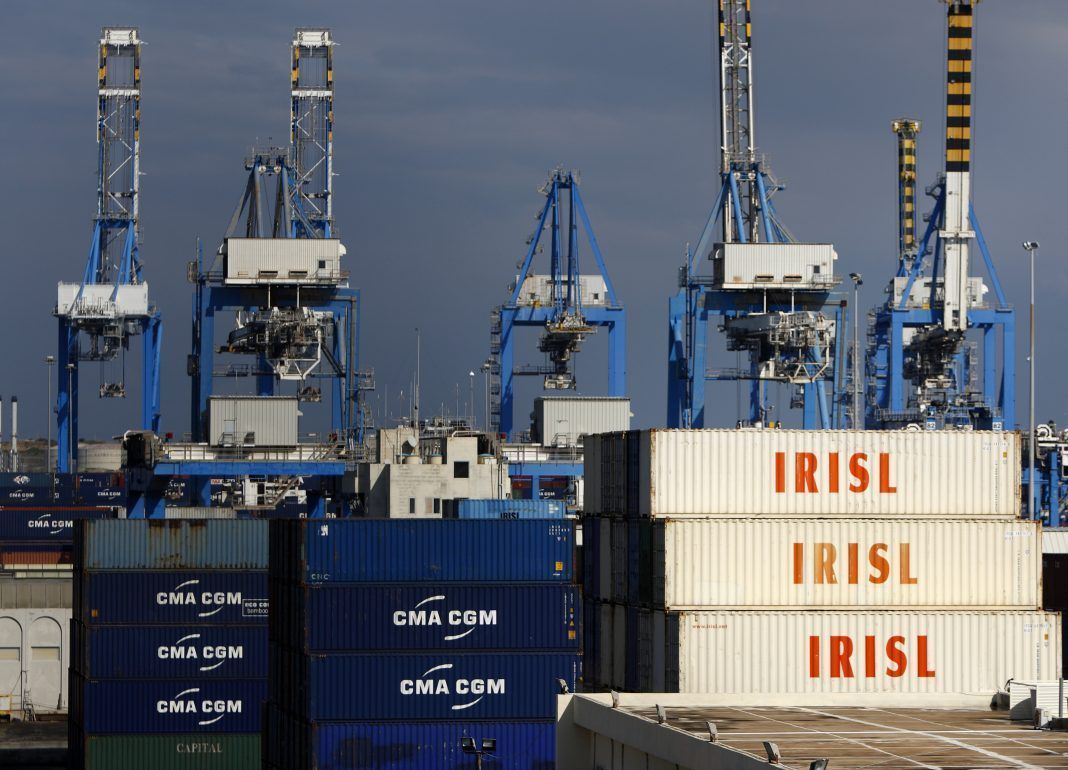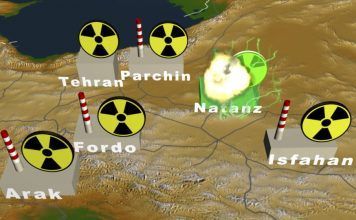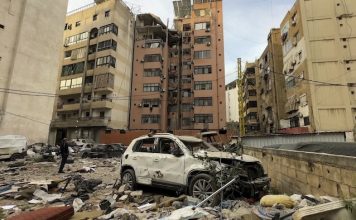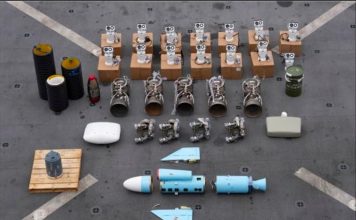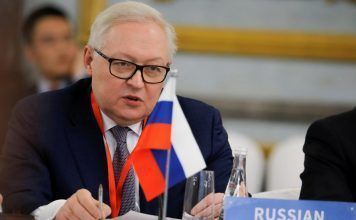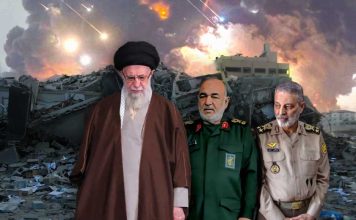By Kayhan Life Staff
Some 15,000 export and trade companies have kept their revenues in foreign currency abroad since 2018, the Iran online newspaper reports.
“Recent data has shown that 15,000 ‘real’ companies with valid export licenses have not put their foreign income back into the Iranian economy,” Iran quoted an unnamed source as saying. “By law, all traders must declare their foreign revenues within four months of receiving their export permit [commerce license] and their Customs Consignment Code, also known as the Declaration Unique Consignment Reference.”
“No one is exempt from the law,” the source explained. “However, exporters who need more time to file can apply for an extension. We hope that all exporters who conducted trades in 2019 will report their foreign income by the end of July and reduce their current debt of $8 billion to $2 billion.”
“Close to 60 percent of the country’s $41.3 billion in export revenue for 2019-20 [the Iranian calendar year, starting on March 21] has been put back into the Iranian economy,” the source noted. “There were no regulations on export revenue until last year when we reviewed the laws, hoping to prevent some people from misusing their commerce licenses to the detriment of the country’s economy.”
According to a report by the Islamic Republic of Iran’s central bank, merchants must declare their export revenue for 2018-19 by the middle of July of this year. Many traders, who had used single-use commerce permits last year, have not reported their foreign income.
The highest number of single-use commerce permits were issued in 2019-20. Many people who applied and received a single-use commerce permit last year and took advantage of the official low rate of 42,000 rials to a dollar had no intention of bringing their export revenue back to the country.
Some Iranians Are Profiting From Official Dollar Exchange Rates, Central Banker Says
In April 2018, the Central Bank said that all merchants must return their export revenue to the country or put it into the secondary market. The secondary market, also called the aftermarket and following on from the public offering, is the financial market in which previously issued financial instruments such as stock, bonds, options, and futures are bought and sold.
“The Trade Promotion Organization of Iran, [operates under the auspices of the Ministry of Industry, Mine, and Trade] set a new rule recently which allows first-time exporters, who hold a valid commerce license, to trade up to $500,000. Merchants can renew their licenses after meeting the foreign currency requirements,” the source explained. “The new rule will go into effect next week [beginning of July]. The permits for those who cannot fulfill their export revenue obligations will not be renewed.”
In an interview with the Islamic Republic of Iran Broadcasting’s Channel 2 (IRTV2), the chairman of the Trade Promotion Organization of Iran, Hamid Zadboom, said: “Based on a report by the Central Bank, 20,000 commerce permits were issued from March 2018 to June 2020.”
“Of that number, 15,368 merchants have not reported their export revenues at all, 1,425 have declared up to 50 percent of their foreign income, 2,000 have disclosed around half their revenues, and only 1,464 have stated all their earnings,” Mr. Zadboom added.
In an interview with Iran, Jamshid Nafar, the head of the Ministry of Industry, Mine and Trade’s Export Committee, said: “I believe legitimate and reputable exporters put their foreign earnings back into the Iranian economy or at least do their utmost to meet their foreign currency obligations. Some traders experience problems, including not getting paid by a few of their customers, which naturally would delay reporting their foreign revenue.”
“Those who do not declare their foreign revenue are not legitimate exporters. They are temporary merchants with a single-use commerce permit, who do much damage to our export industry.” Mr. Nafar noted. “Export revenue is the country’s asset.”
Iran also spoke to Seyyed Bahador Ahramian, a member of the Iran Chamber of Commerce, Mines and Agriculture (ICCIMA), who said: “All exporters know their foreign currency requirements. Those who do not fulfill their obligations are not true exporters. They are opportunists who are looking to make a few million dollars quickly. We call them fake exporters. Real exporters do their utmost to solve production problems and help the economy.”
During a meeting of the government Economic Coordination Headquarters on June 9, Iranian President Hassan Rouhani said: “The best way to calm the market is by ensuring that all merchants declare all their export revenues.”
This article was translated and adapted from Persian by Fardine Hamidi.

